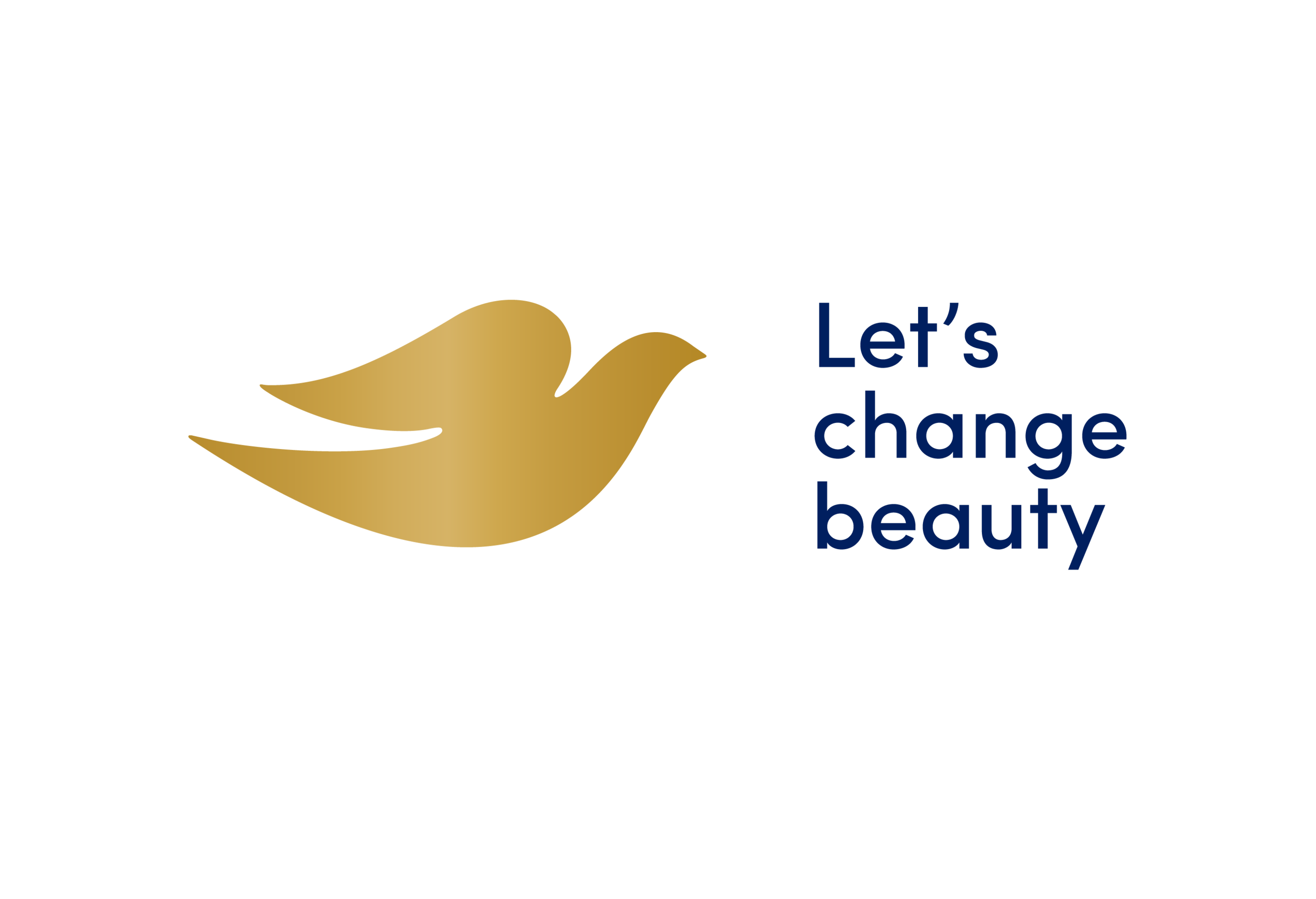Social media can be fun, entertaining, informative and a great way to connect with friends and family. Unfortunately, there can also be a dark side to social media. Some people engage with others online for the sole purpose of bringing them down. These people are often called trolls or cyberbullies.
Trolls and cyberbullies can devastate a person’s self-esteem and confidence. Young people who’ve been the victim of cyberbullying are at a greater risk of suicidal and self-harming behaviors than those who haven’t been trolled or bullied online. When a young person is being targeted by online bullying based on their appearance, the effects can cause mental health issues such as increased anxiety, disordered eating and extreme exercise. With the prevalence of trolling and cyberbullying in everyday life, here’s how to help you and your loved ones manage feelings around it.
If you or a person you care for has found themselves targeted by trolls or cyberbullies online, it’s important to be prepared and know how to deal with it.
What is trolling on social media?
Trolling on social media is typically aimed at strangers, but anyone can potentially be a target. Trolls tend to say negative things in the comments section on social media with the aim of upsetting or offending others.
A cyberbully can cause even more harm to a young person when they are someone the victim knows. Being acquainted with the bully in real life can have more impact, as the targeting is personal.
In the US, about 46% of 13 to 17 year olds report experiencing cyberbullying in some form. Much of the bullying is focused on the victim’s appearance.
How to respond to trolls on social media
The best way to handle trolls is to not respond at all. Instead, block them and report the offending comments to the social media platform.
Screenshot the interaction, capturing the date, time, and the perpetrator’s name. Having a record of the bullying can be instrumental in making the bully accountable for their actions.
If your child is being targeted by somebody at school, send the evidence to an appropriate member of staff at the school. As a caregiver, it’s best not to intervene yourself, as this can exacerbate the bullying.
Managing the impact of trolling
If you or someone you know has been targeted by appearance-based trolling or cyberbullying, the first thing to understand is that the problem is not you, it’s them. The remarks they make about your appearance are not the truth. They are just saying hurtful things to get a response from you. Those comments are often a reflection of their deep dissatisfaction with themselves.
Knowing this doesn’t erase the fact that the words can sting. It’s important to take time to heal. This may mean taking a break from social media for a while.
If trolling or cyberbullying is affecting your mental health, don’t suffer in silence. Tell somebody you trust about what’s been happening. Having a support system is important to minimize the damage caused by bullies and trolls. Friends and family are there to remind you of your value and how naturally beautiful you really are.
Trolling and cyberbullying are not only devastating for victims, but represent a wider societal problem. A zero tolerance approach to trolling and cyberbullying by social media platforms, educators, caregivers and peers is vital if we are to stamp out appearance based discrimination.








